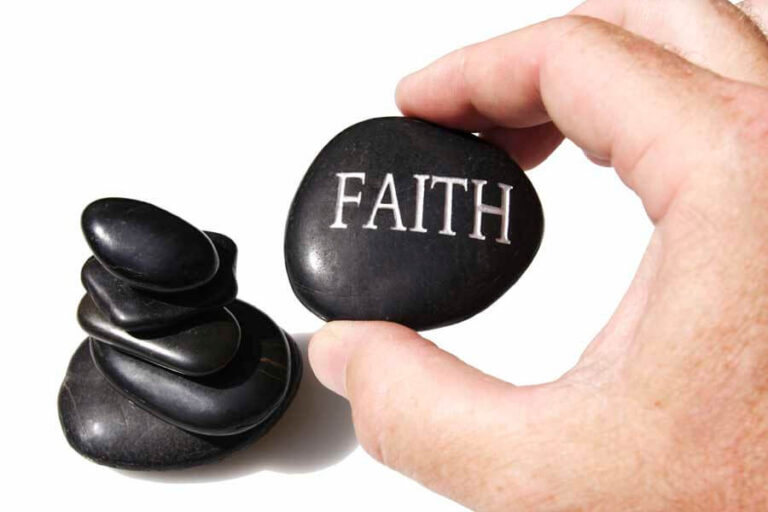The recent tragic death of a rock musician has me thinking about St. Benedict.
The musician is Chris Cornell, who died alone in a hotel room in Detroit on May 17. He had been lead singer for Soundgarden and other bands, and his distinctive voice is featured in the films “Casino Royale” and “The Promise.”
Cornell caught my attention in 2002 when he co-wrote and performed the hit song “Like a Stone” with his band Audioslave. In the song, a man sits alone in a motel room, getting “lost in the pages” of a book that talks about what happens when we die. And he longs for heaven.
It seems the book he finds is the motel room’s free Bible, and one passage he reads is Jn 14:2: “My Father’s house has many rooms.” He spends the day reading, and he regrets his past deeds (“All that I’ve blessed/ And all that I’ve wronged”). He imagines wandering alone through the Father’s house, “room by room,” waiting for God to tell him if there is any room for him.
I don’t know if Cornell was thinking of that song in his Detroit hotel room. There is disagreement whether his death was intentional suicide, and some say anti-anxiety medication affected his judgment. We may never know whether despair and depression led him to harm himself and those who cared for him.
But the hunger for God in his song is felt by others in our society, even if many distract themselves from it by seeking pleasure and possessions. That hunger is a sign of our times, a recognition of an emptiness in secular culture and an inkling that we were made for something more.
The signs are all around us. Think of the popular movies, from “Saving Private Ryan” to “Gran Torino” to “Frozen,” reflecting the core Christian message about humanity – that “life attains its fullness in the sincere gift of self” (“Evangelium Vitae,” 86).
Consider that in 2015, the televised singing competition “The Voice” was won by a devout Christian, Jordan Smith. He impressed his judges and audience with an amazing voice and with the integrity he showed by choosing a series of inspiring songs – including one about the divinity of Christ.
This brings me to “The Benedict Option,” a recent book by Christian writer Rod Dreher. He suggests that American culture and politics have rebelled so thoroughly against Christian values that they are beyond redemption. All that Christians can do is form strong local communities for nurturing their faith, and wait out the coming Dark Ages – just as St. Benedict founded monasteries as havens for the faith when Europe was in chaos.
A profound response is found in another recent book, Archbishop Charles J. Chaput’s “Strangers in a Strange Land.” His criticism of secular culture is as thorough as Dreher’s. But, he says, the world will come after us wherever we hide. And, more important, “God calls us to be the soul of the world.”
We need strong communities of faith. But they should refresh us and arm us to go out and remind others of our more excellent way. Archbishop Chaput urges us to emulate the persecuted early Christians who “took elements from the surrounding society and ‘baptized’ them with a new spirit and a new way of living.”
The Christian story tells people who they really are, and what their lives are for. Others may not want to hear that story. Yet pieces of the story circulate through our society and are embraced by many. Only we can bring the pieces together, to help heal a broken world.


